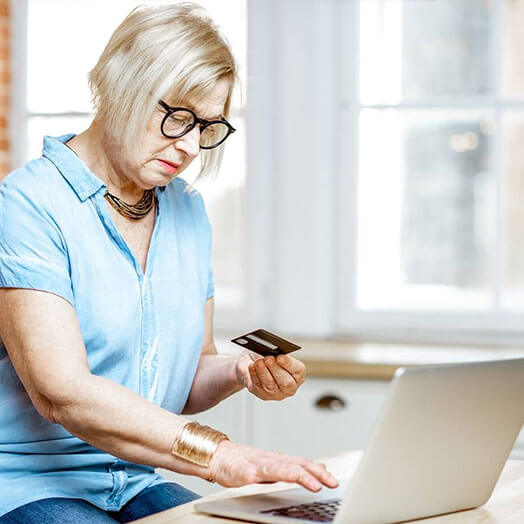Iowa's Department of Homeland Security and Emergency Management offers the following advisory for online shopping.
Online Shopping Tips
This tip can reduce your risk of buying into a scam and also reduce your risk of identity
theft.
When you’re in the “checkout,” make sure the payment processing is transmitted over a secure
connection. Look for things like “https” in the web browser, or, in newer versions of
Internet Explorer, the website URL will turn green indicating a secure, known security
certificate. A URL outlined in red indicates an unknown certificate or high risk website.
Sometimes there is such a thing as a deal too good to be true.
Hot deals, which pop up and have a timed response time, are not deals at all. They are scams
that solicit an emotional response and often are infected with malware.
Are you shopping at home on your secure network, or are you in the local coffee shop’s hot
spot. Unsecure networks should be avoided when using credit cards.
Remember debit cards are linked to your deposit accounts, hence direct access to your money.
Credit cards add a layer of security between your money and the thieves.
Retailers are going to push deals, which can open you up for malware and phishing attempts.
If the email doesn’t look legitimate, don’t even open it…trash it.
Retail websites will never request your pin number when paying with a debit card and no
website should request your social security number.
Knowing when your package is expected to arrive is an important step in online shopping. If
your order doesn’t show up, or isn’t delivered as detailed in your tracking confirmation,
call the retailer.
If your online order was compromised or your card information was stolen, chances are it
will be used quickly. At the first sign of an unknown charge, call the credit card company
or your bank.


